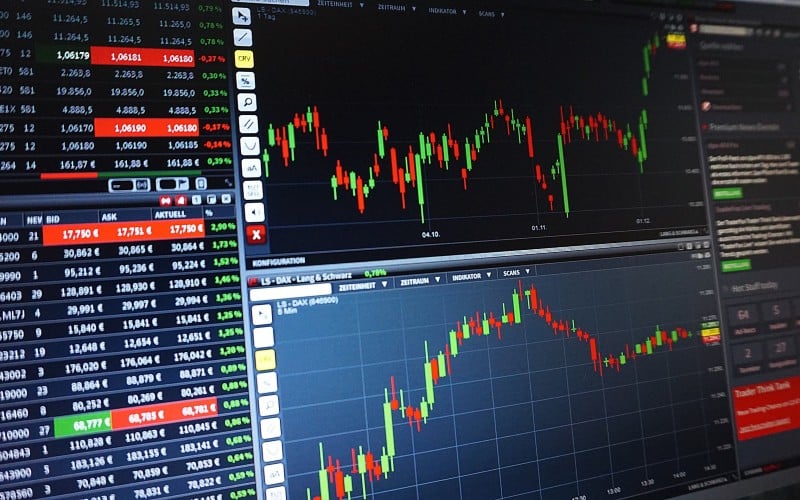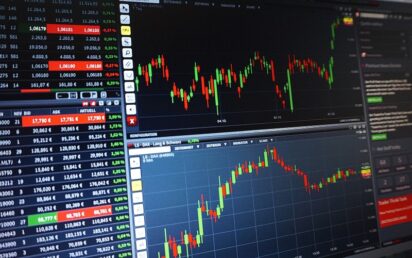When we consider the innate volatility that underpins the forex market, we see that a number of factors impact currency prices on a daily basis.
This includes regular and unusual events that vary wildly, from those that are macroeconomic in nature to others that pertain to geopolitical conflicts, political developments and devastating natural disasters.
So, let’s take a look at some of the key events that affect forex and the key considerations from a trading perspective!
1. Central banking policy updates
We’ll start with one of the most influential market drivers, with the monetary policy decisions made by central banks having a direct impact on currency prices.
This type of policy represents a multifaceted approach to maintaining price and economic stability, which includes measures such as controlling monetary supply, manipulating interest rates and managing inflation.
In the case of interest rate adjustments, for example, these are often made to manage the cost of borrowing and the repayments made on variable and fixed-term mortgages (and similar products). Typically, rates are increased during times of economic growth, while base rates are capped as part of wider quantitative easing measures to help stimulate growth as an economy contracts.
In this instance, currency values decline in line with decreased demand and diminishing capital inflows from overseas.
Conversely, when a central bank announces an increase in the base rate, demand for the relevant currency begins to rise, while more of the asset is snapped up by overseas corporations and investors.
2. Geopolitical and Political Drivers
Given that forex is an international marketplace, it stands to reason that geopolitical events (which impact multiple countries) should also directly affect the value of currencies.
This was borne out significantly through 2020, from the impact of Covid-19 (which saw currency values plummet as a result of both quantitative easing measures and diminishing international trade volumes) to the effects of a turbulent US election (which compounded the depreciation of the US dollar initially before ushering in a subsequent recovery at the beginning of 2021).
While such events can be considerably more unpredictable than macroeconomic factors, they’re also typically rarer, which should be considered as a positive thing when you consider the immense volatility that they tend to trigger.
Similarly, national political events and developments can trigger sustained uncertainty in the forex market. The spectacle of Brexit has highlighted this perfectly from 2016, causing the pound to initially crash and subsequently trade in ever depreciating ranges against both the Euro and the US dollar.
Once again, such events are harder to pre-empt and predict, which is why it’s crucial that investors follow real-time news through their chosen brokerage or trading platform.
3. Natural Disasters
We close with the rarest and most unpredictable events, which can also have a seismic impact on national currencies and marketplaces.
From hurricanes and earthquakes to wildfires (which have increased in regularity in line with the impact of climate change), these events can decimate a diverse range of financial markets in a matter of hours.
Take the Australian bush fires of 2019/20, for example, which had a dramatic effect on the economy and placed huge downward pressure on an Australian dollar that was already suffering during a period of economic contraction.
Not only this, but the Reserve Bank of Australia (RBA) also adopted a supportive monetary policy following the crisis, cutting the national base rate and sending the dollar plunging against the US alternative.
This type of quantitative easing approach is typical in the wake of a natural disaster, while the wider collateral damage and impact on investor sentiment can also keep afflicted currency values noticeably low.
There are tools you can use such as a Forex Simulator to help stay one step ahead when it comes to your trading, but there are some factors such as the ones above that will always be out of your control.


